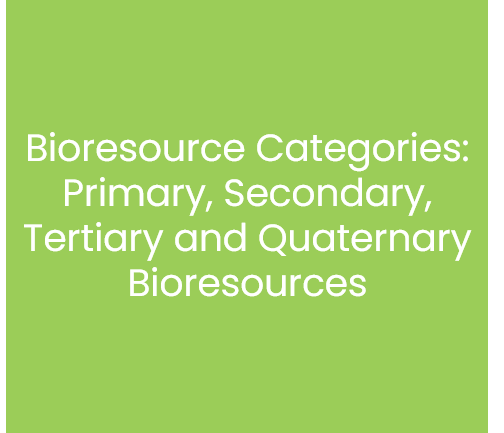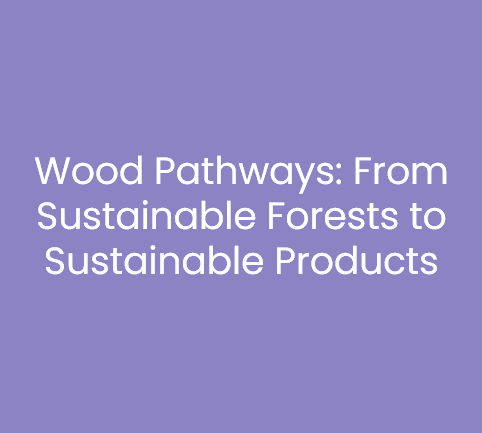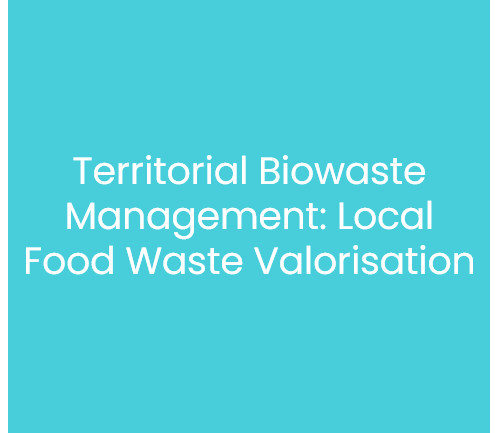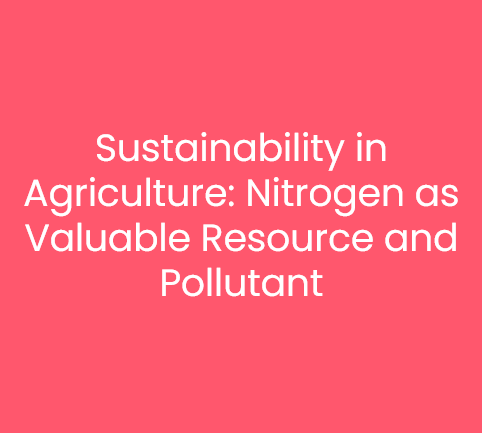Du bist aktuell im Gastmodus. Logge dich ein oder registriere dich, um die HOOU-Plattform komplett zu nutzen.
- Nutze alle Lernfunktionen, wie Tests, Quizze und Umfragen.
- Schreibe Beiträge und tausche dich in unseren Foren aus.
- In einigen Lernangeboten bestätigen wir dir die Teilnahme.
Lectures for Future
Abschnittsübersicht
-
Bioresources are an alternative to fossil raw material supplies. Their substantial and energetic use can contribute significantly to the achievement of the UN Sustainable Development Goals. Forestry and agriculture provide high-quality primary bioresources for e.g. food, building materials, paper, packaging materials and specialty products via, for example, crops and trees. During their production and after product use, by-products and residues are generated, which can be further utilised as secondary, tertiary or quaternary bioresources. Residues are produced in many different areas, e.g. as food waste in households or restaurants, straw and liquid manure in agriculture, tree pruning in gardens and parks, or wood residues in sawmills. Especially in the case of urban domestic waste, it is a huge challenge to separate the bioresources well directly by the producer, which is the citizen. The better the purity, the more efficiently the bioresources can be utilised. The final step in a utilisation cascade is then the production of bioenergy.The Lecture for Future series on the topic of "Residue and by-Product Based Bioresources" gives an idea on the diversity of bioresources and the status quo of their management. Furthermore, impressions are given on how these can be better utilised in the future, e.g. in biorefineries for the parallel production of different bio-based products. And through cascade uses, a bioresource can be used multiple times rather than just once. Innovative examples are also shown, which focus on a forward-looking management of urban bioresources and their regional use. In addition, the multiple use options for bioresources are placed in the context of sustainable development.







